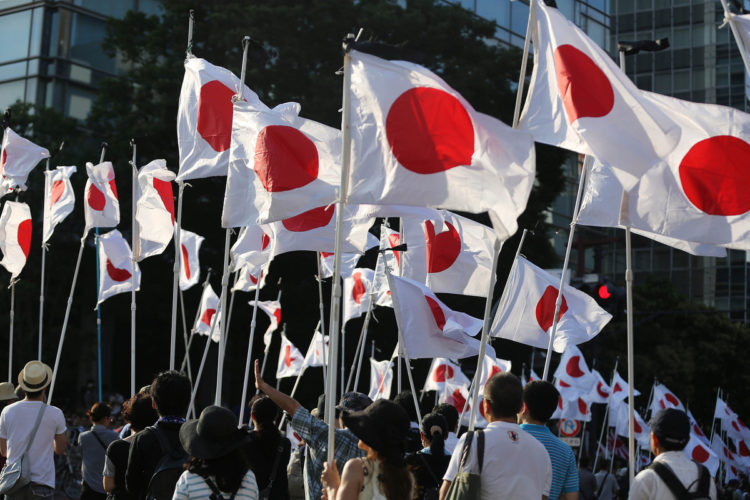Oil Men Huddle in Tokyo to Seek Refuge From Chinese Fuel Flood

published Mar 20th 2017, 4:00 pm, by Tsuyoshi Inajima
(Bloomberg) —
Huddled deep within Tokyo’s government district, nearly two dozen of Japan’s top oil experts pore over a problem plaguing its energy industry: how can they stop China from pushing its crude refiners into a corner?
The taskforce, summoned by the trade ministry, needs a strategy to save oil refiners battered by years of declining demand at home. The processors, including JX Holdings Inc. and Idemitsu Kosan Co., now face rising competition for sales in Asia, the world’s biggest oil market. The ministry fears that China’s move to adopt stricter fuel standards will spur regional rivals into producing higher quality products, forcing Japan out of the market.
“We’ve been saying for more than 20 years that Japanese refiners should become stronger,” said Hidemasa Nishiyama, director of the trade ministry’s petroleum refining and reserve division. “The external environment has changed: the capacity of China and other countries is becoming excessive, and their exports could surge.”
China is the biggest among a slew of other threats for Japan. The gradual slowdown of economies such as South Korea’s have led to rising exports to an increasingly saturated market. Meanwhile, other developed countries including the U.S. are also fighting for its share in Asia after China’s diesel and gasoline shipments overseas capped a record year in 2016.
Sense of Urgency
Members of the taskforce include Seisuke Iwai, a senior official at industry group Petroleum Association of Japan, Norimasa Shinya, an energy analyst at Mizuho Securities Co., Fuminori Hasegawa, senior vice president at Mitsubishi Corp. and Katsuhiro Sato, a partner at McKinsey & Co. in Japan.
Their mission has taken on a sense of urgency following China’s move at the start of this year to curb the amount of sulfur used in vehicle fuels in an effort to reduce air pollution. The new rule has encouraged suppliers like China Petroleum and Chemical Corp., the world’s biggest oil refiner known as Sinopec, to pledge about $29 billion in facility upgrades to enable it to pump cleaner fuel.
At the same time in Japan, the popularity of electric hybrid vehicles has reduced the country’s gasoline demand, contributing to an oversupply in refined products. Domestic oil-product sales at JX Holdings and other refiners have shrunk for the past five years, forcing them to cut capacity while seeking to sell excess fuel abroad.
This isn’t the first time the ministry has intervened. The trade ministry, known as METI, enforced a rule eight years ago that pushes refiners to increase their ratios of heavy oil cracking capacity to crude oil distillation units by March 2014. Later that year, the ministry asked refiners to further improve its efficiency while setting a new deadline for March 2017. For the refiners to upgrade their oil cracking units, they would likely need to invest tens of billions of yen, according to Nishyama.
But the rules have been met with little success. Rather than upgrading to enable plants to produce more high-quality and expensive crude products such as diesel while reducing low-value residual ones such as fuel oil, the refiners instead opted to slash processing capacity. While that drop helps alleviate oversupply issues in Japan, it hasn’t helped the companies become more competitive overseas.
The expert group is scheduled to make new recommendations to the country’s industry at its next meeting this month. METI hasn’t decided whether to implement a third round of similar efficiency rules, Nishiyama said.
“Cutting nameplate capacity like we are doing now means our costs won’t change but profits will rapidly fall,” said Tsutomu Sugimori, the president of JX Nippon Oil & Energy Corp., Japan’s biggest refiner by capacity. “It will only weaken the health of refining companies.”



No Comment